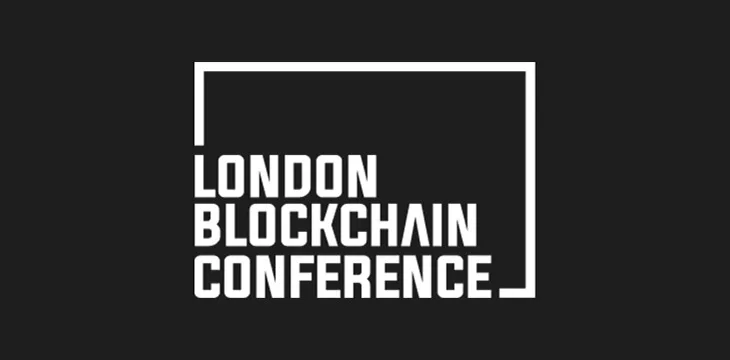My main takeaway from this is that the US government has just notified its citizens. They don’t think you have a right to privacy. They want to treat privacy as if it were something criminal and sinister. This is a direct attack on American citizens, but it is unlikely that this attitude is limited to the United States. It seems very likely that many other smaller “allies” will follow and fall in line.
What does this mean for Bitcoin?
It shows once again the level the state will go to to keep you as a subordinate slave. If code is speech, this shows a complete disregard for any freedom to it, and is a stark reminder of the need for true decentralization and the critical nature of self-preservation.
Decentralization gives us the ability to remove single points of failure, such as exchanges. Stock exchanges are regulated entities, and as we see in this case, they will immediately bend the knee. They will do what they are told.
If you choose to use bitcoin in such a way that you place your trust in an exchange to care for your bitcoin, it is important that you understand the risks you are taking. The reality is that bitcoin is no longer yours. All you have is an IOU, and under extreme adversarial conditions, as with this current example, the IOU will not be redeemable for your bitcoin. What could have been damn-money will be damn-me-money.
I can’t speak to the characteristics of shitcoin mixing services like the one in question, but bitcoin mixing may involve a custodial service. One where you give up custody of your bitcoin. If you use a mixing service, you send your bitcoin to a third party and hope to receive someone else’s bitcoin in return. CoinJoins, on the other hand, are collaborative transactions that leverage the core features of the Bitcoin protocol—that is, self-custodial—to give you a powerful tool to improve your privacy without compromising the trust model that Bitcoin provides.
Any entity that is centralized – be it a custody compounding service or any other – is a single point of failure and should be avoided. Rely on these at your own risk.
The question remains: If open source software can be sanctioned, then can Bitcoin be sanctioned, given that it is simply free open source software as well?
As mentioned above, open source software cannot really be sanctioned. Can people using certain software be targeted? Although the notion of such a thing seems completely insane, the answer is of course yes, but it becomes more a question of how it can be enforced. If the US Treasury said tomorrow that Bitcoin is sanctioned, what they are really saying is that you are sanctioned from using Bitcoin. They would criminalize the transmission of scarce information. Despite how absurd it sounds, it’s worth considering the possibility given this latest development.
In this case, any bitcoin in the custody of regulated third parties disappears and will be under the control of the authorities. That is the most obvious point of capture. All single points of error become targets. Assume error. Even with that, Bitcoin would remain. The network will continue to produce blocks and facilitate transactions, highlighting the critical nature of running a node. If there were only a few nodes, the potential might exist to intercept and shut down the network, but there are tens of thousands of nodes and this number is growing every day. In addition, the nodes are geographically distributed over every corner of the planet. The realistic probability of shutting down each of these, while not zero, is likely to be close to it.
The Bitcoin network would withstand such attacks and eventually it would become stronger. But how individuals use bitcoin will have significant consequences for individual Bitcoiners. Which brings us back to the critical nature of privacy: if you have a high level of privacy, you can’t be targeted as easily. If the majority of users have a high level of privacy, such an action becomes almost unenforceable. A powerful asymmetry would exist and render futile any attempt to sanction or ban it.
There are 437,000,000 new reasons to make sure you have the keys to your bitcoin, and there are a lot of future Bitcoiners learning this lesson the hard way right now.
Bitcoin was designed to operate under adverse conditions. There is little the government can do to attack the Bitcoin protocol, making it unlikely they will try. They simply wanted to attack the users: us. Confirm the game board and act accordingly. Privacy is not just a right, it is critical. Everything is downstream of privacy and it is a central part of the wealth you pay to get things for free.
Remember: Freedom is not given, it is taken. Bitcoin allows you to take your.
Fix the money, fix the world.
This is a guest post by Andrew Keir. Opinions expressed are entirely their own and do not necessarily reflect the opinions of BTC Inc. or Bitcoin Magazine.


